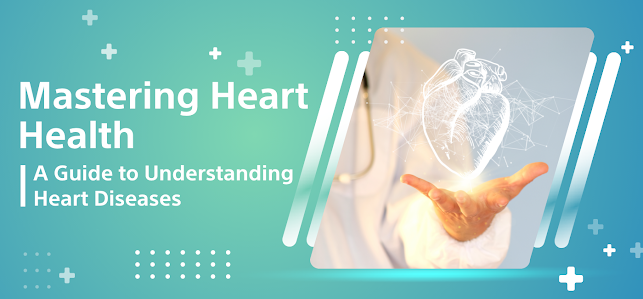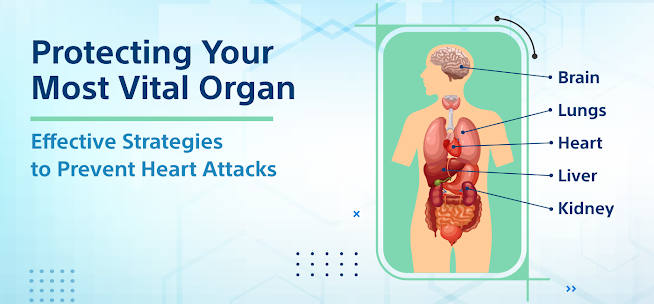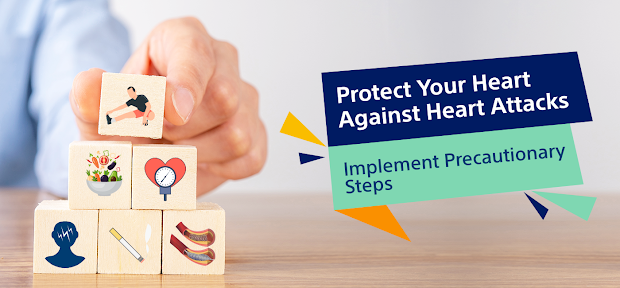Mastering Heart Health: A Guide to Understanding Heart Diseases

Heart diseases have emerged as a silent epidemic in India, affecting millions of lives every year. Mastering heart health is not just about knowing the basics of heart diseases; it's about understanding the nuances of prevention, early detection, and management. In this comprehensive guide, let's delve deep into knowing about heart diseases, exploring their prevalence in India, and providing insights and strategies from leading cardiologists to help you master your heart health and combat cardiovascular diseases. The Burden of Heart Disease in India 1. The Alarming Statistics India is currently facing a heart disease crisis. According to WHO, cardiovascular diseases account for 27% of all deaths in the country. It translates to approximately 2.8 million Indians losing their lives to heart diseases annually. Among these, coronary artery disease (CAD), heart failure, and hypertension are the most prevalent. 2. The Rising Trend What's even more concerning is the ri...

